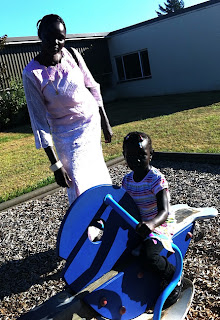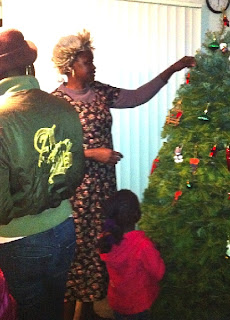There is no immediate solution but there is a place to start: HousingConnections.org
 |
HousingConnections is a website run by the Portland Housing Bureau where landlords can list affordable properties. Even more critical to our clients, HousingConnections regularly updates a list of income-based properties (places where a resident pays 30% of their monthly income for rent--i.e. if they have no income they will pay nothing) with open wait lists. To search for these units you simply go to housingconnections.org, click on "search housing" and fill out the search fields based on family size, location, etc. [see snapshot of their website on the right]. Under "availability" search for "No units available--waitlist open" and check the box for "income-based rent." A list of properties will appear that, when clicked, will give links to property management companies and their applications.
As you can imagine, income-based units are in high-demand-- wait lists for units are only opened if the expected wait-time is less than 2 years. Getting a family on a wait list will not solve their immediate financial troubles but it will start the process whereby they can eventually get into affordable housing. Depending on the size of the family it could take 1-2 years before their name reaches the top of a wait list. This is why it is important to get a family onto numerous wait lists as soon as possible. (Note: the open wait lists on housingconnections.org changes from week to week).
We have had some great successes with getting families into income-based rent. Last month a Burmese family of 9 moved into Kateri Park and they are only paying $35/mo to stay there. The family can now use their TANF benefits to pay for utilities and buy shoes and school supplies for their seven kids while Dad searches for a job. And do you remember Deborah (her interview is a few posts back)? she just moved to New Columbia Villa where not only are they paying next-to-nothing in rent but they have access to parks, a grocery store located in the complex, after-school activities, and more-accessible ESL classes. Again, it was not easy to get families into these places but once they got there it made a world of difference. Contact me (Sarah) or Jeanne if you have any other questions about applying for these places.






